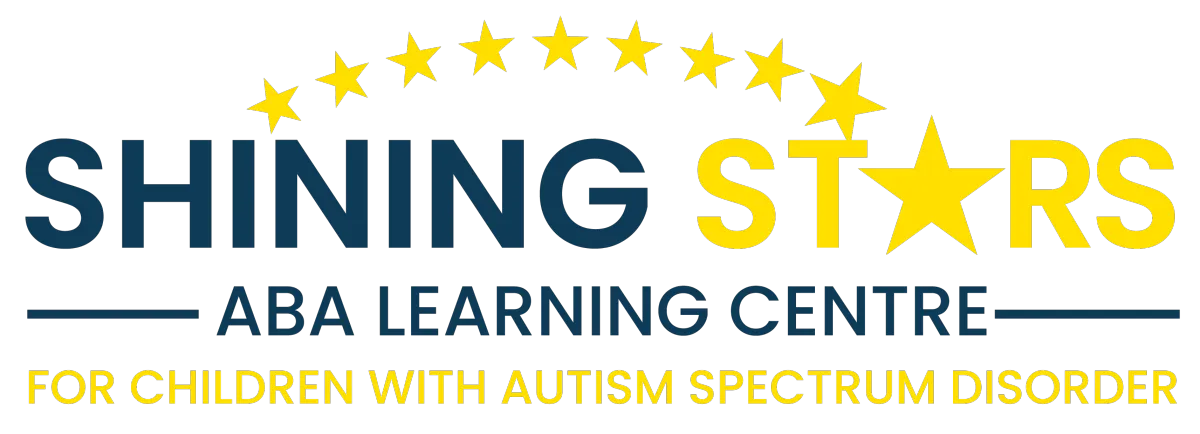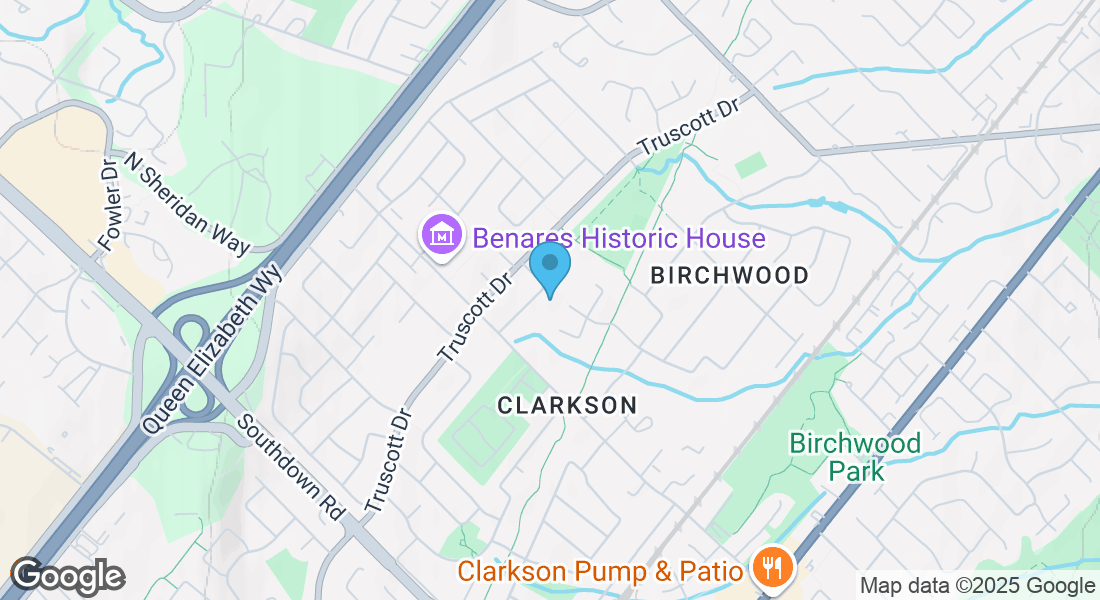BLOGS & PUBLICATIONS
Read. Learn. Share.

How ABA Therapy Supports Social Skills Development in Children with Autism
Autism Spectrum Disorder (ASD) presents unique challenges for children, particularly in developing social skills. Social skills—such as making friends, understanding emotions, and communicating effectively—are essential for a child’s overall growth and success in life. However, children with autism often struggle with these abilities. This is where ABA therapy and social skills come into play. ABA therapy is a well-established, evidence-based approach that has proven effective in helping children with autism develop key social skills.
Understanding ABA Therapy
ABA therapy, or Applied Behaviour Analysis, is a structured treatment that uses techniques grounded in learning theory principles to improve specific behaviours. ABA focuses on reinforcing positive behaviours and reducing problematic ones. The therapy is highly individualized, ensuring that interventions meet the unique needs of each child.
Key principles of ABA include positive reinforcement, where rewarding a child for performing desired behaviours encourages them to repeat these actions. ABA therapy also uses data-driven techniques, where therapists track progress and adjust strategies as needed. With consistent application, ABA therapy and social skills development can help children with autism acquire a range of functional skills, including social interactions.
The Importance of Social Skills for Children with Autism
Social skills are vital in everyday life, from engaging in conversations to forming friendships and managing emotions. For children with autism, these skills can be challenging to master. Many struggle to recognise social cues, initiate or maintain conversations, and understand others’ perspectives. These difficulties can lead to feelings of isolation and frustration.
Developing strong social skills allows children to build meaningful relationships with peers and adults, ultimately fostering independence and a better quality of life. That’s why focusing on social skills is an integral part of any therapeutic plan for children with autism.
How ABA Therapy Supports Social Skills Development
ABA therapy and social skills go hand in hand. Here’s how ABA therapy helps children with autism develop essential social skills:
Personalized Interventions: ABA therapists assess each child’s strengths and challenges, tailoring therapy sessions to their specific needs. This individualized approach ensures the child’s unique social skill requirements are addressed.
Reinforcing Positive Behaviours: In ABA therapy, positive behaviours—such as eye contact, sharing, and appropriate conversational skills—are reinforced with praise or rewards. This encourages children to practise and refine these skills in social settings.
Role-Playing and Social Scenarios: ABA therapy often uses role-playing to simulate real-life social situations. Children practise how to initiate conversations, express emotions, and navigate social interactions in a controlled environment. These repeated sessions help children build confidence when interacting with others.
Improving Communication Skills: ABA therapy helps children develop both verbal and non-verbal communication. Children with autism often struggle with verbal communication and understanding body language. ABA therapists teach them effective ways to communicate their needs and interpret others’ actions.
Enhancing Peer Interaction: ABA therapists may facilitate peer-mediated sessions, where children interact with others, practising social skills in group settings. Playgroups are often part of the therapy, where children can practise turn-taking, sharing, and other essential social behaviours.
Key Social Skills Taught Through ABA Therapy
ABA therapy focuses on teaching a wide range of vital social skills, including:
Sharing and Turn-Taking: Encouraging children to share toys, materials, or attention with others helps foster positive peer interactions.
Initiating and Maintaining Conversations: ABA teaches children how to start and maintain a conversation, including greetings, making small talk, and listening actively.
Understanding Social Cues and Body Language: Many children with autism have difficulty interpreting non-verbal cues. ABA therapy helps them learn how to read facial expressions, body language, and tone of voice.
Managing Emotions and Self-Regulation: ABA helps children develop strategies to manage frustration, anxiety, and other emotions in social situations, allowing them to interact more comfortably with others.
Tips for Parents and Caregivers
As a parent or caregiver, you play an essential role in supporting your child’s social skill development. Here are some helpful tips:
Practice Social Skills at Home: Encourage your child to practise social skills in a comfortable environment at home. This could involve role-playing different social situations or practising greetings and goodbyes.
Collaborate with ABA Therapists: Work closely with your child’s ABA therapist to ensure social skills are consistently reinforced both in therapy and at home.
Model Social Behaviours: Be a role model by demonstrating polite conversation, active listening, and positive social interactions in your daily life.
Empowering Social Skills through ABA Therapy
ABA therapy is a proven and effective approach for supporting social skills development in children with autism. By using personalized interventions, reinforcing positive behaviours, and providing opportunities for practice in real-world scenarios, ABA therapy equips children with the tools they need to thrive in social situations.
If you’re a parent or caregiver, exploring ABA therapy could be the first step towards helping your child develop the social skills necessary for a fulfilling, independent life.
Frequently Asked Questions
What is the best age to start ABA therapy?
ABA therapy can be beneficial at any age, but early intervention—typically around age 2 to 5—tends to lead to the best outcomes.
How long does it take to see improvements in social skills?
Improvement timelines vary by individual, but noticeable progress often occurs within a few months of consistent therapy.
Can ABA therapy be combined with other interventions?
Yes, ABA therapy can be integrated with other treatments, such as speech therapy or occupational therapy, for a more comprehensive approach.
Testimonials
What Parents Are Saying
Aisha

"Rania is exceptionally nice and a vibrant lady. I was pleased with all of the tips and personalized information given to help my son. I am extremely pleased with his progress. She is very talented, delighted and a dedicated, supportive and patient tutor."
Lisa

"I highly recommend Rania Ghobrial to anyone looking for fun, effective and knowledgeable support for their child. Rania's passion for children is evident in her interactions with them and her knowledge base is extensive. We are so happy to have her join our team!"
Bonnie

"My daughter has been going to Shining Stars for about 10 months and I could not be happier with her progress. Everyone there is just so amazing. She loves attending and I just love how much she enjoys it. I just wish I had found this wonderful place sooner"

